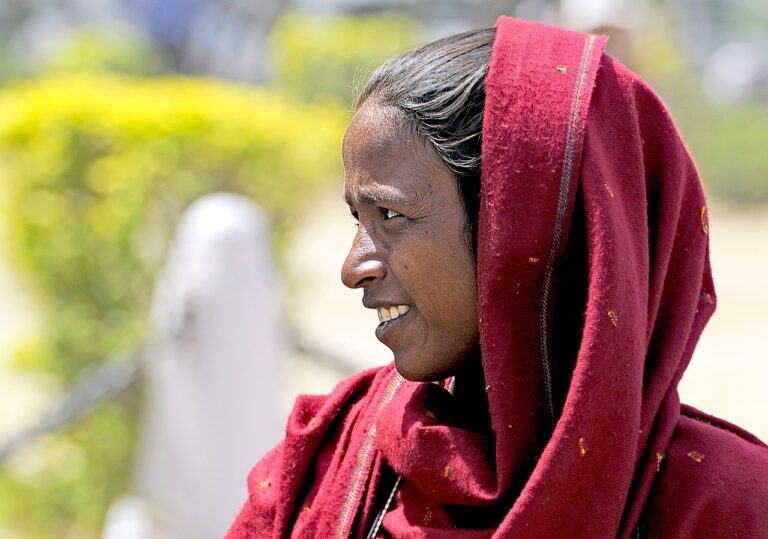Effective Voter Registration Drives: Case Studies
cricket bet 99 login, sky11 live, reddy book id: The Role of Mobile Apps in Increasing Voter Participation
In today’s digital age, technology plays a crucial role in almost every aspect of our lives. From ordering food to managing finances, there’s an app for almost everything. So, it comes as no surprise that mobile apps are also revolutionizing the way we participate in the democratic process. With the rise of mobile technology, voter participation is on the rise as well. In this article, we’ll explore the role of mobile apps in increasing voter engagement and how they are shaping the future of democracy.
The Power of Mobile Apps
Mobile apps have become an integral part of our daily lives, allowing us to access information, connect with others, and perform tasks with just a few taps on our smartphones. When it comes to voter participation, mobile apps have the potential to make the voting process more accessible, convenient, and engaging for voters.
One of the key advantages of mobile apps is their ability to reach a wider audience. With the majority of the population owning a smartphone, mobile apps can engage voters of all ages and backgrounds. This accessibility is crucial in increasing voter turnout, especially among younger demographics who are more likely to use mobile devices.
Furthermore, mobile apps can provide valuable information to voters, such as polling locations, candidate profiles, and election dates. By streamlining this information in one convenient platform, mobile apps can empower voters to make informed decisions and participate in the democratic process more effectively.
Engaging Voters Through Innovation
Mobile apps are not only making voting more accessible but also more engaging. By incorporating innovative features such as gamification, social sharing, and real-time updates, mobile apps can create a more interactive voting experience that motivates voters to get involved.
For example, some mobile apps use gamification elements such as badges, rewards, and challenges to incentivize users to participate in elections. By turning the voting process into a fun and engaging activity, these apps can encourage more people to cast their ballots and stay informed about political issues.
In addition, mobile apps can leverage social sharing features to create a sense of community among voters. By allowing users to share their voting experience, support their favorite candidates, and discuss political issues with others, mobile apps can foster a sense of belonging and communal engagement that motivates people to participate in the democratic process.
Real-time updates are another key feature of mobile apps that can increase voter engagement. By providing instant notifications about election results, policy changes, and other relevant information, mobile apps keep voters informed and involved throughout the entire election cycle.
The Future of Democracy
As technology continues to advance, the role of mobile apps in increasing voter participation will only grow. With the potential to reach a wider audience, engage voters through innovative features, and create a more interactive voting experience, mobile apps are shaping the future of democracy in profound ways.
By harnessing the power of mobile technology, we can create a more inclusive and participatory democracy where every voice is heard. As we continue to innovate and improve mobile apps for voter engagement, we can empower more people to exercise their right to vote and have a meaningful impact on the direction of our society.
FAQs
Q: Are mobile apps secure for voting?
A: Mobile apps designed for voting are built with robust security measures to protect the integrity of the voting process. These apps use encryption, authentication, and other security protocols to ensure that votes are cast securely and anonymously.
Q: How can mobile apps increase voter turnout?
A: Mobile apps can increase voter turnout by making the voting process more accessible, convenient, and engaging for voters. By providing valuable information, innovative features, and real-time updates, mobile apps empower voters to participate in the democratic process more effectively.
Q: What impact do mobile apps have on democracy?
A: Mobile apps have a significant impact on democracy by democratizing access to information, fostering voter engagement, and creating a more inclusive and participatory political system. By leveraging mobile technology, we can create a more transparent, accountable, and responsive democracy for all.







